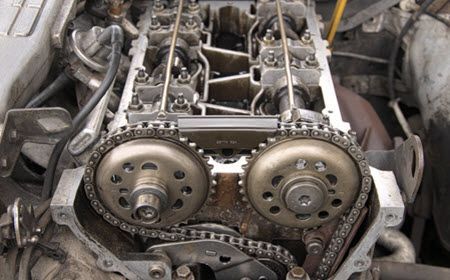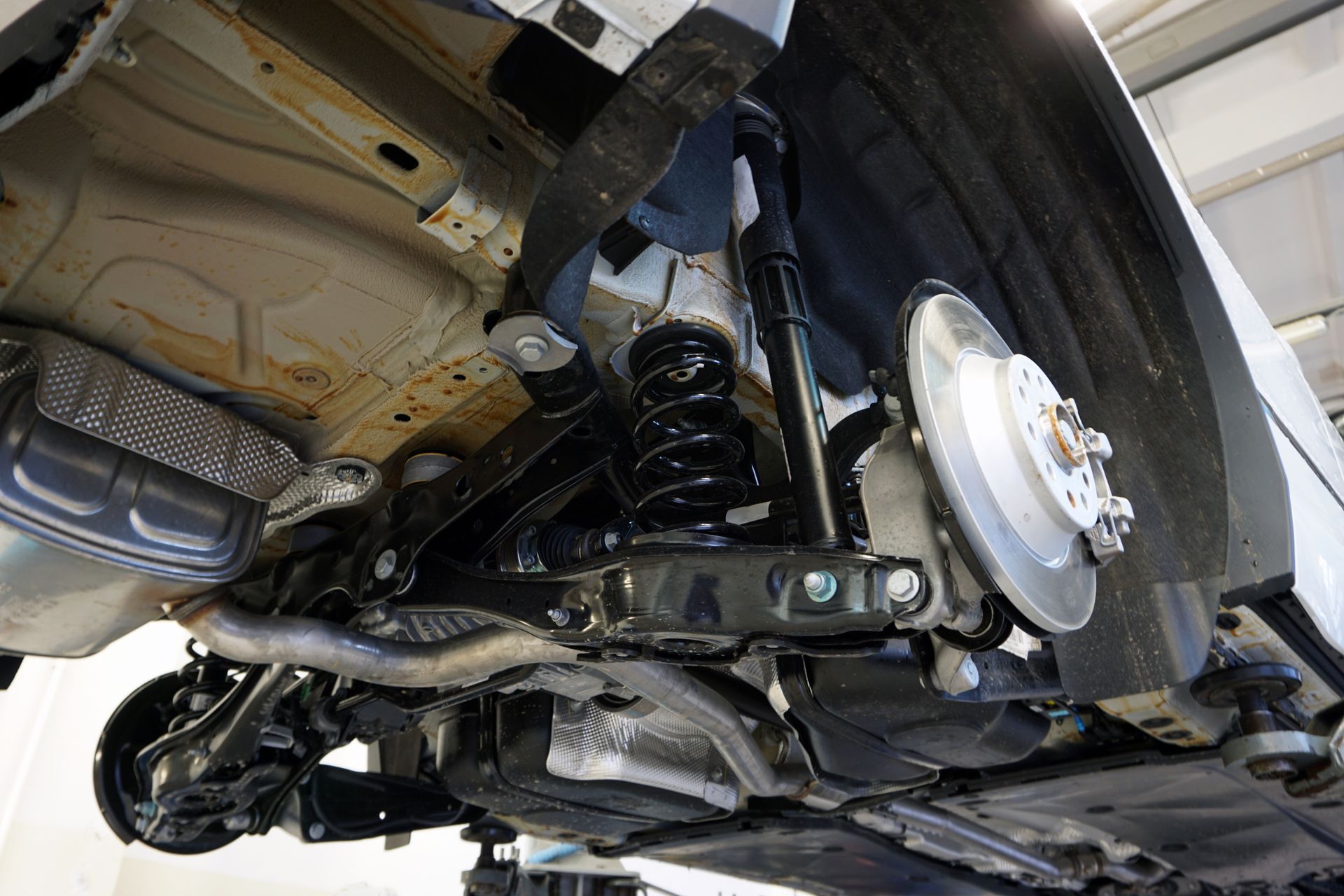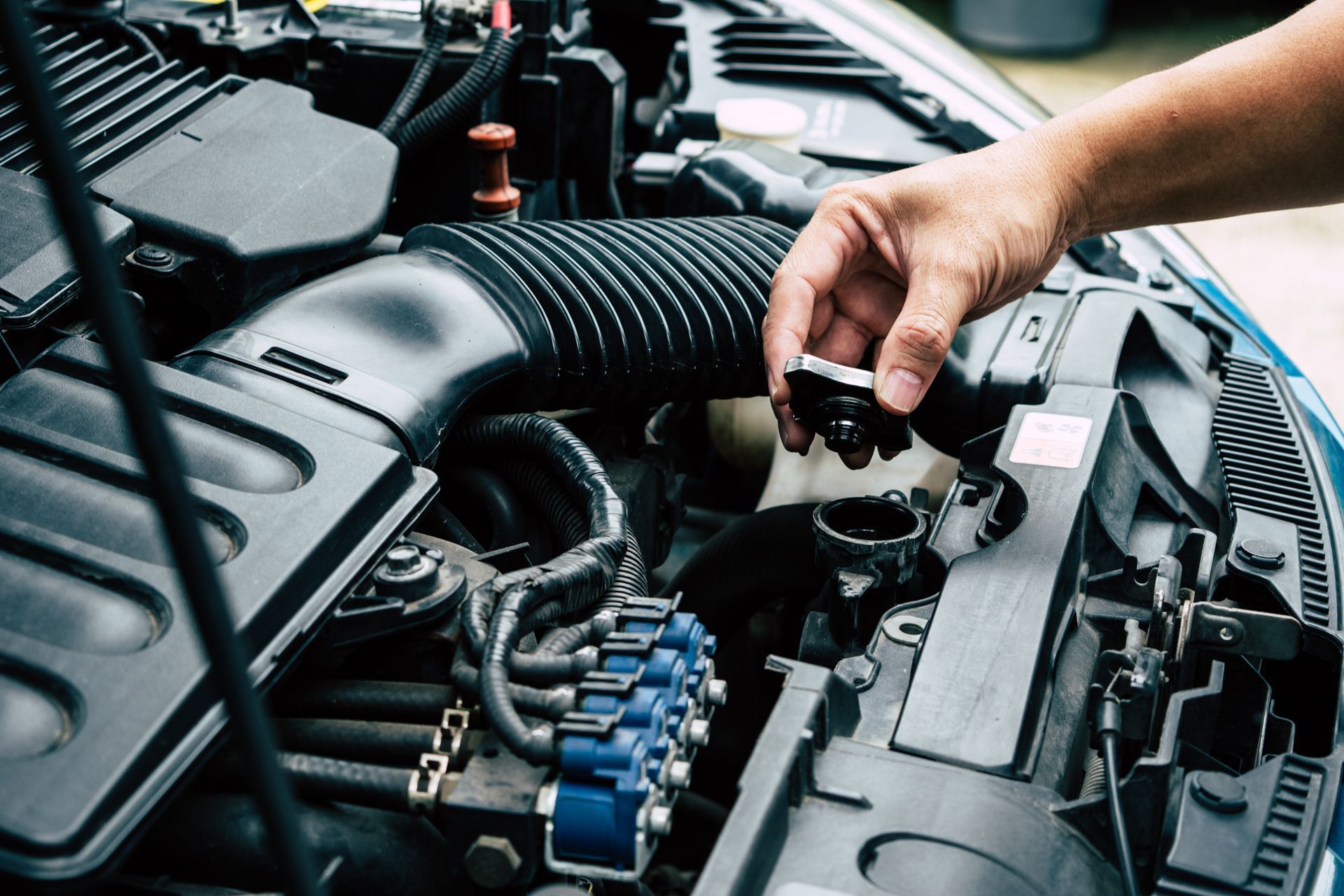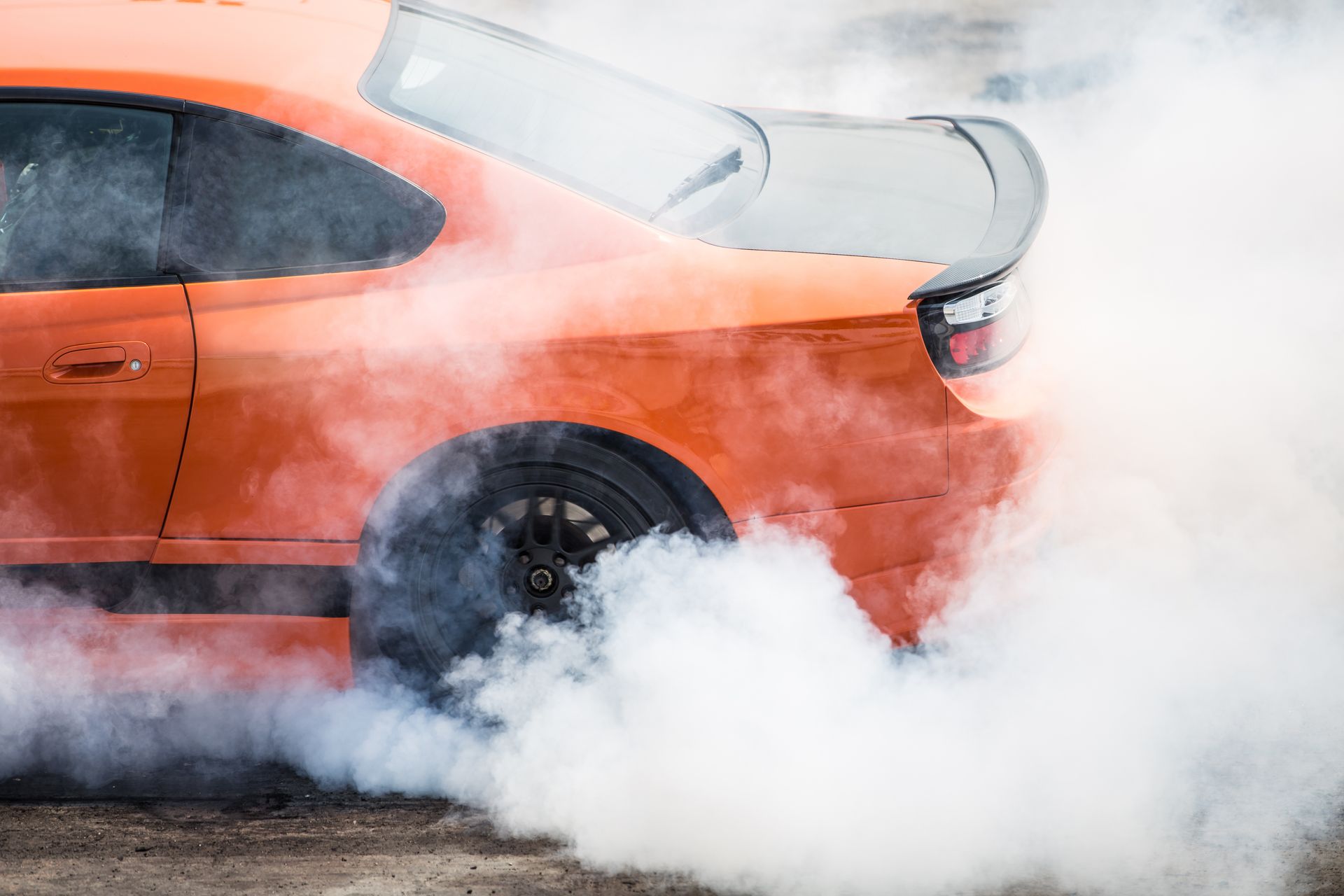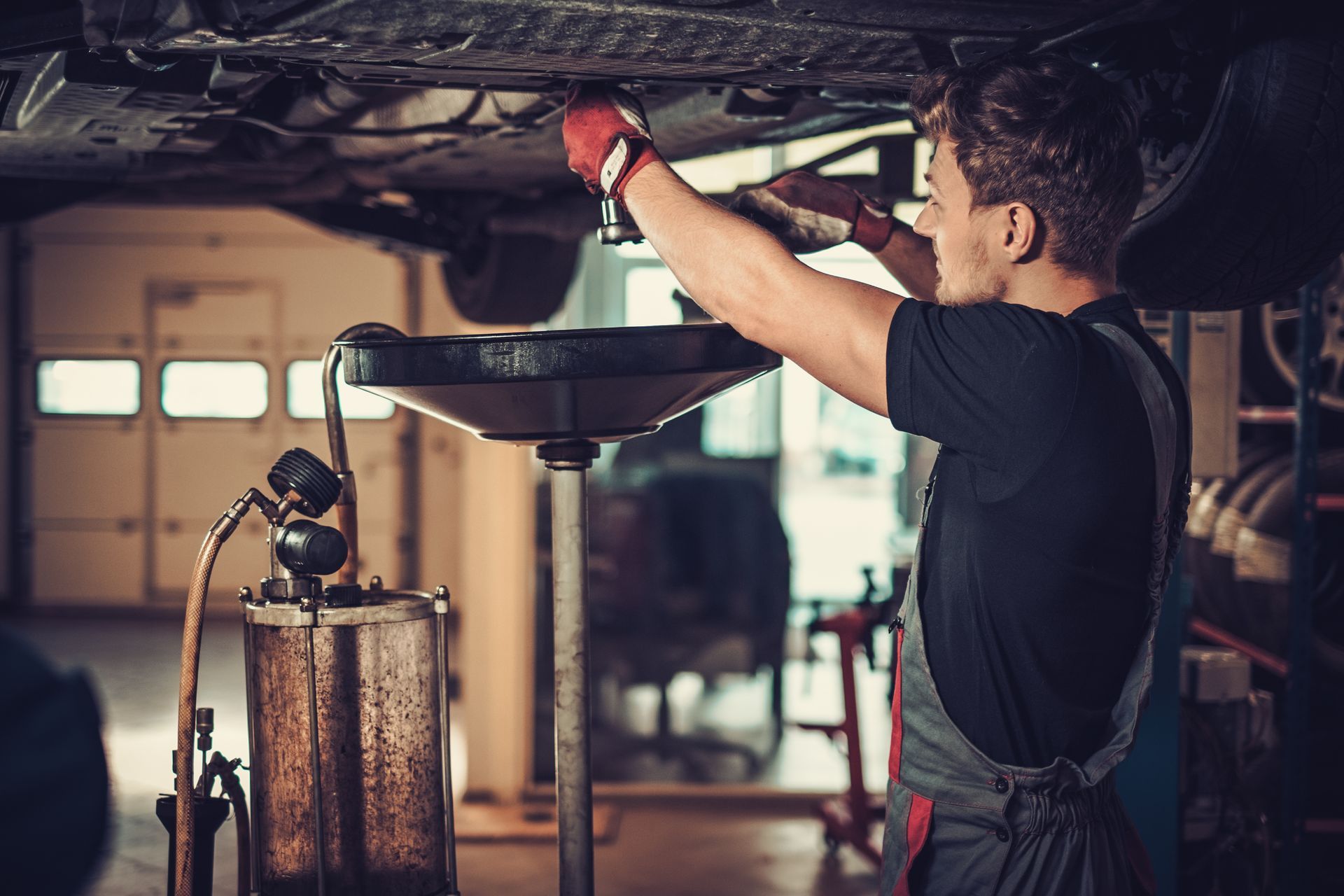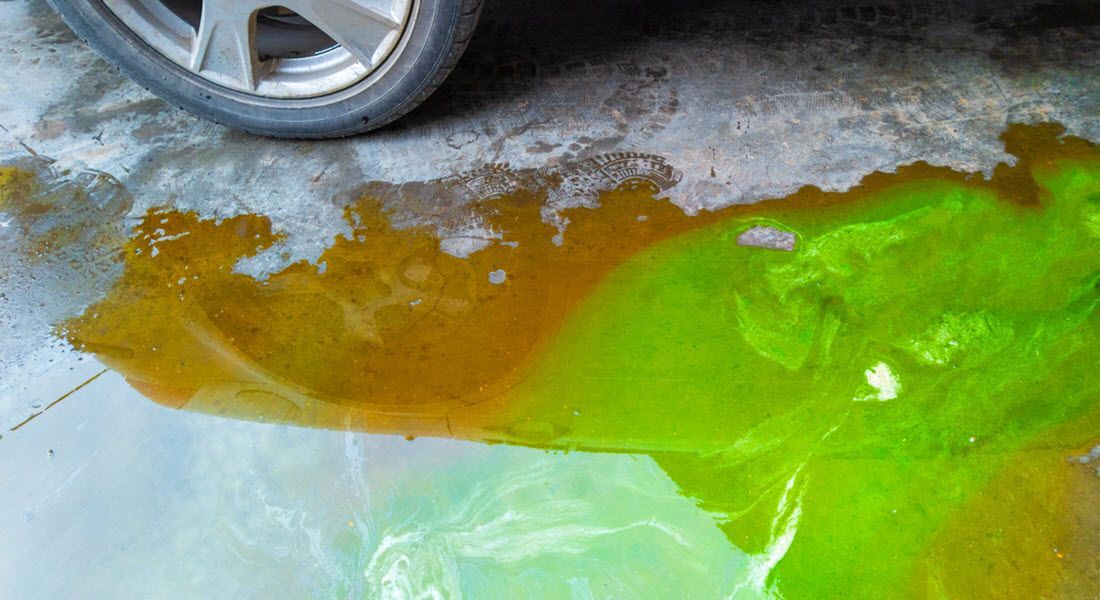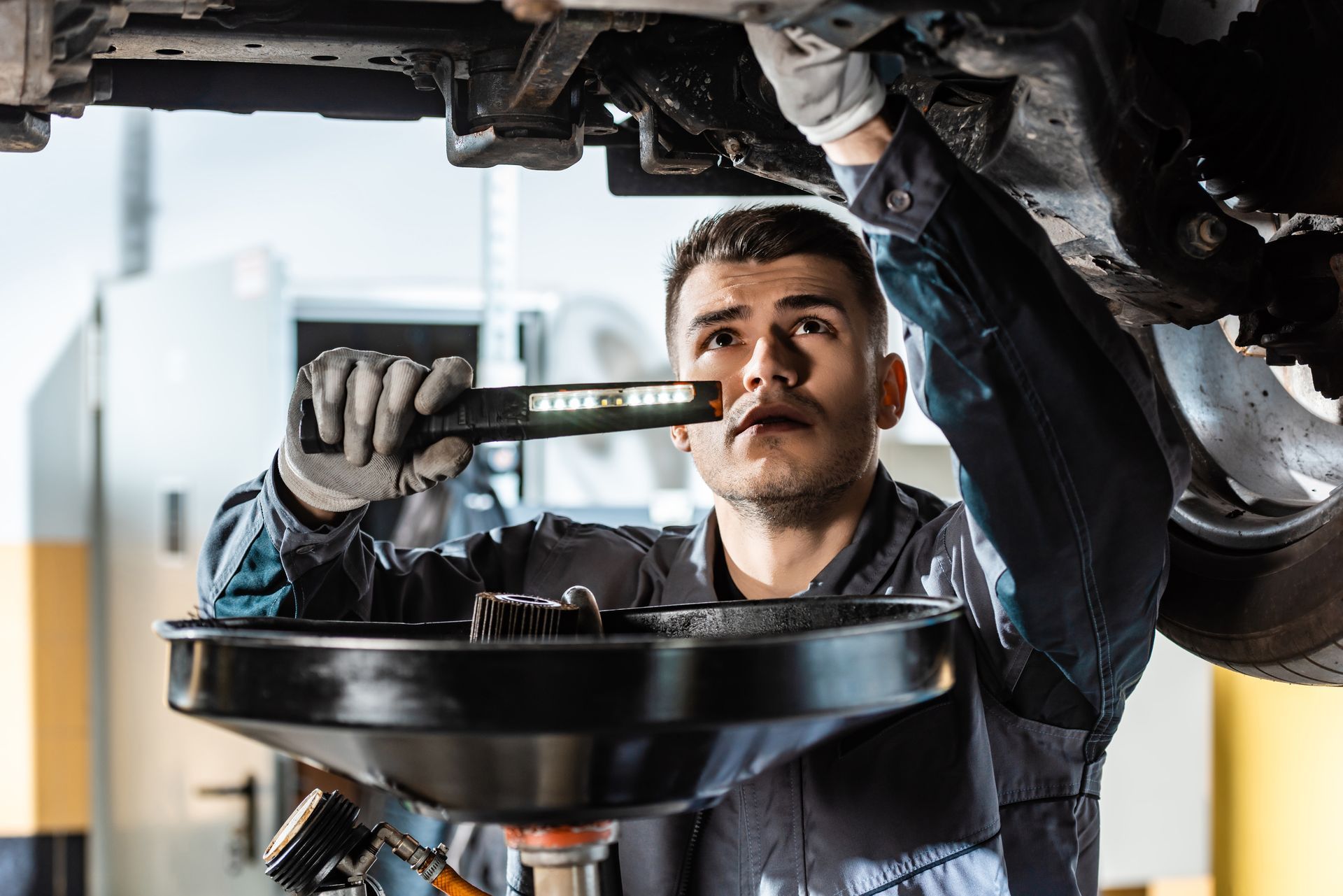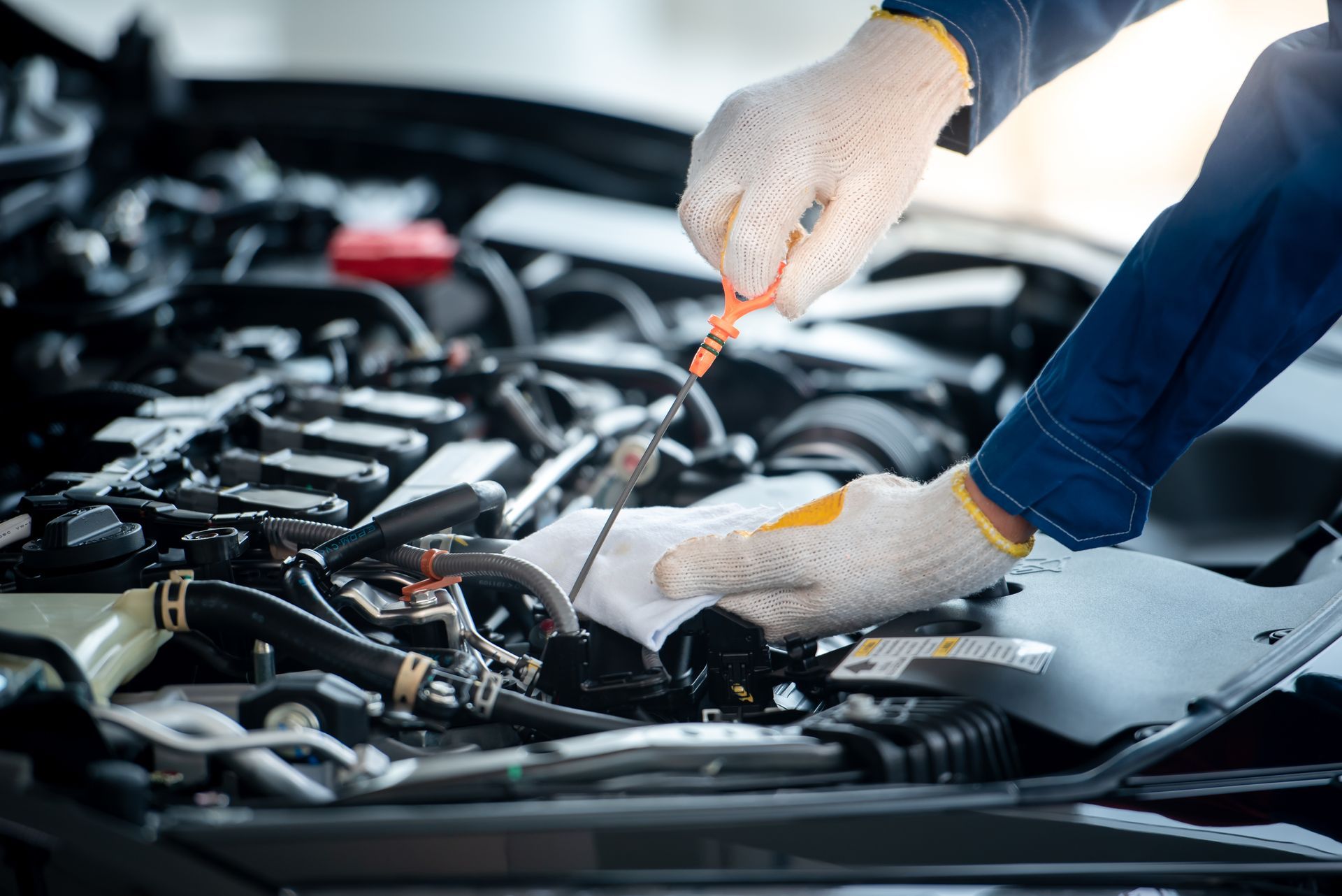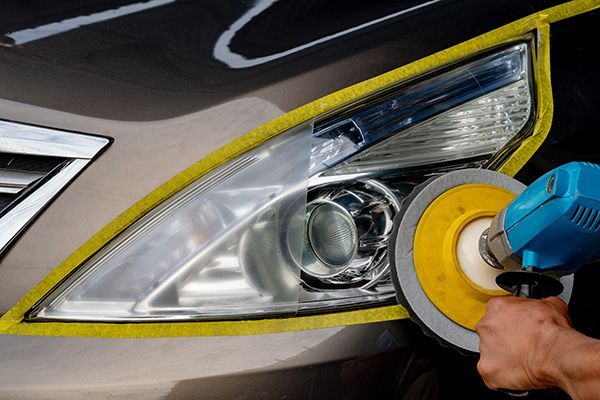The body content of your post goes here. To edit this text, click on it and delete this default text and start typing your own or paste your own from a different source.A
defective timing chain in your
Volkswagen can lead to severe engine damage if left unchecked. The timing chain ensures that the
camshaft and
crankshaft rotate at the same time, maintaining proper engine function. When this component starts to fail, your car may experience various performance issues that can worsen over time. Recognizing the early signs of a defective timing chain can prevent costly repairs and engine failure.
At
Bertini's German Motors in Roseville, CA, we can help you identify and resolve defective timing chain issues in your Volkswagen and get you back on the road safely and efficiently.
Let's talk about timing chains, what they do, and how to know if yours is defective.
Volkswagen Timing Chain: What Is It?
The timing chain is a metal chain located inside your engine that is responsible for rotating the crankshaft and camshaft on time, allowing the
engine’s valves to open and close in a timely manner during each cylinder's firing.
Timing chains are also known as
timing belts, though this depends on the material they are made of. Timing chains tend to be made of metal, while timing belts are usually built with rubber or reinforced materials. Both serve the same function.
In Volkswagen vehicles, timing chains are expected to last between 80,000 to 120,000 miles, though this can vary depending on maintenance, driving conditions, and your specific engine model. A
well-kept engine timing chain can last well beyond this range without showing any issues—it's all about being careful with driving conditions and maintaining a
regular service routine.
Let's talk about what causes timing chain issues and how to identify them.
Causes of Defective Timing Chains
One of the main causes of
timing chain failure in Volkswagen cars is a lack of
proper maintenance, which means it’s an issue that can easily be avoided with regular care. The timing chain is a component inside your engine and relies on
engine oil for lubrication. If the oil is contaminated or running low, it can cause performance issues with your timing chain.
Regular oil changes and
routine inspections are very important to ensure your engine and timing chain are working as they should.
Speaking of maintenance and repair, it’s important to make sure the oil being used is clean and high-quality, as it plays a significant role in the timing chain’s performance.
Low-quality oil can lead to increased friction on the chain components, which can wear it out very quickly. At
Bertini's German Motors, we only use the
highest quality oil and parts to ensure peak performance.
Finally,
tensioner and guide wear is also a common cause of chain failure. Over time, the timing chain and tensioner guides can wear out and lose their effectiveness. This can cause slack, chain misalignment, and ultimately, chain failure.
Signs Associated With a Defective Volkswagen Timing Chain
A defective timing chain can show several warning signs that indicate trouble under the hood. If you notice any of the following issues, it’s crucial to
have your Volkswagen inspected by a professional technician as soon as possible.
If you suspect timing chain failure, look out for:
●
Engine misfires
●
Loud and unusual engine noise
●
Loss of power and performance
●
Check engine light
●
Engine stalling
One or more of these could indicate a worn or damaged timing chain, and it’s best to have it inspected before the issue becomes more severe and damages other engine components.
Visit Bertini's German Motors for Timing Chain Repair

